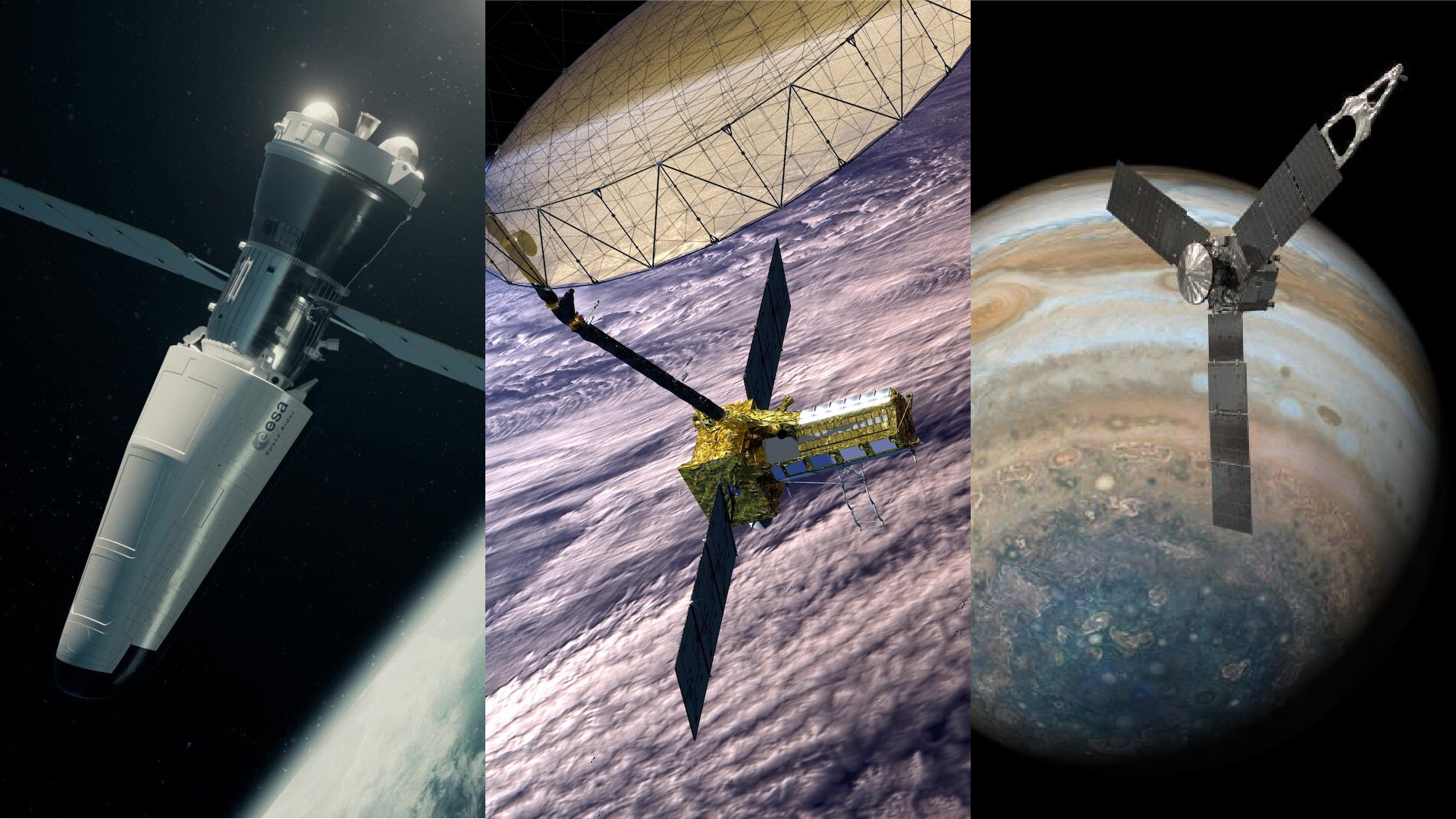Photographic Proof of Climate Change: Time-Lapse Images of Retreating Glaciers
Melting glaciers
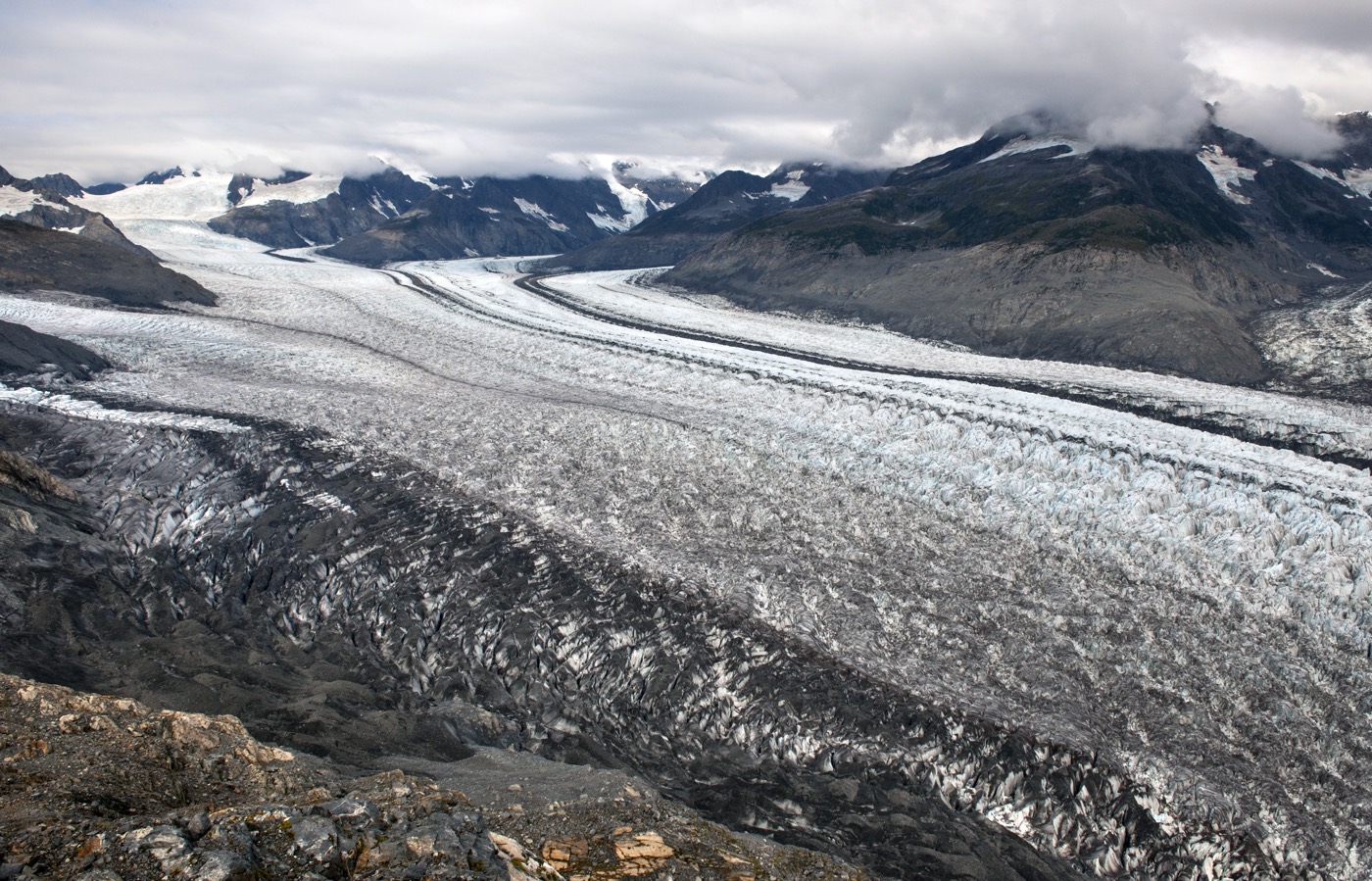
A team of scientists has put together photographic "proof" of climate change, revealing time-lapse photo couplets, or before/after images, of retreating glaciers. Their research and photos are published online March 30, 2017 in the journal GSA Today.
"We have unretouched photographic evidence of glaciers melting all around the globe," study co-author Gregory Baker, a geologist at the University of Kansas, said in a statement. "That includes the ice sheets of Greenland and Antarctica — they're reduced in size. These aren't fancy computer models or satellite images where you'd have to make all kinds of corrections for the atmosphere. These are simply photos, some taken up to 100 years ago, and my co-authors went back and reacquired photos at many of these locations. So it's just straightforward proof of large-scale ice loss around the globe."
Take a look for yourself.
Mendenhall Glacier - After
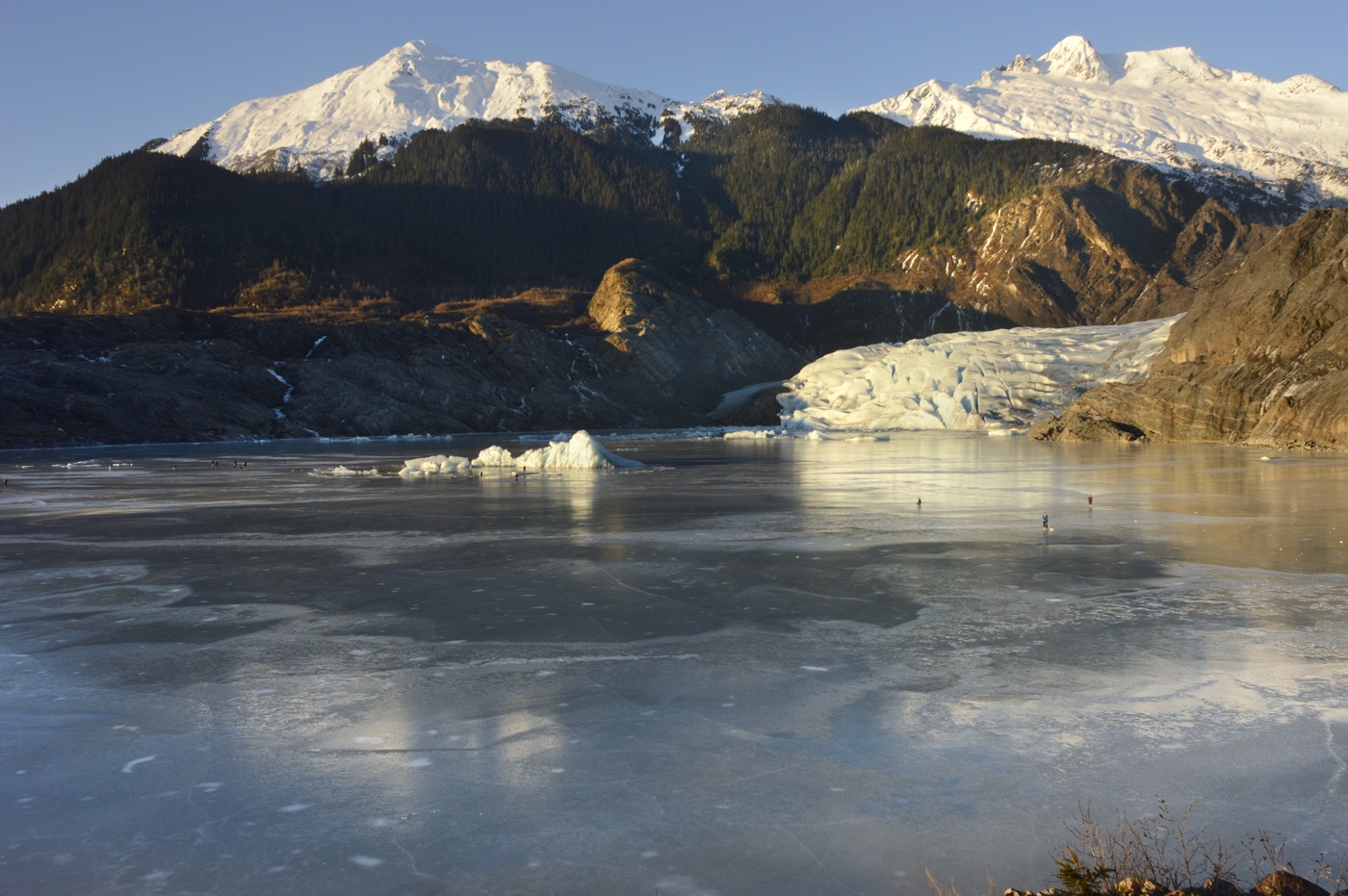
Here, Alaska's Mendenhall Glacier, as seen in 2015, revealing the glacier had retreated a distance of around 1,800 feet (550 meters) since 2007.
Mendenhall Glacier - Before
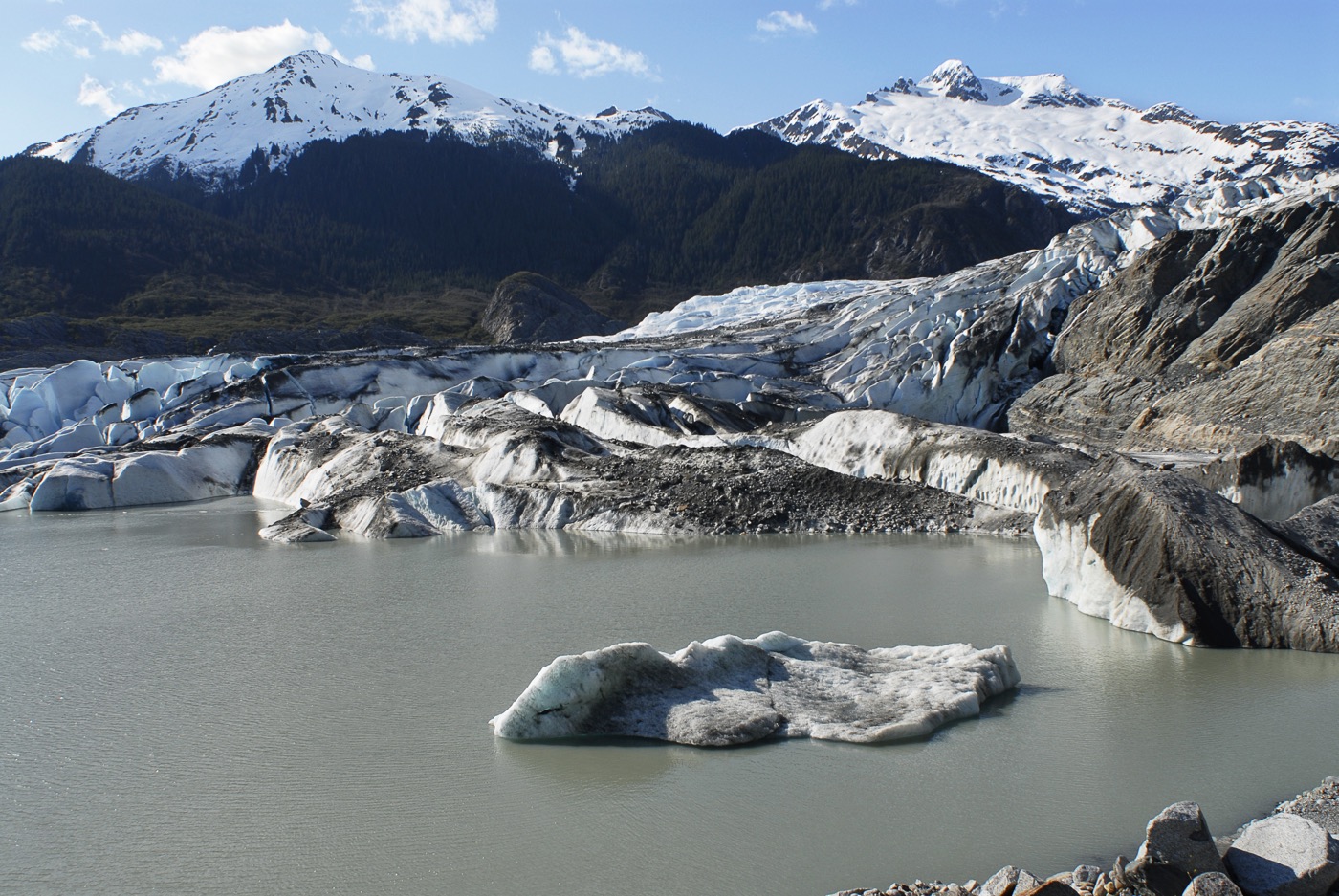
This image of Mendenhall Glacier, Alaska, was snapped in 2007. Check out what happened in just eight years.
Solheimajokull Glacier - Before
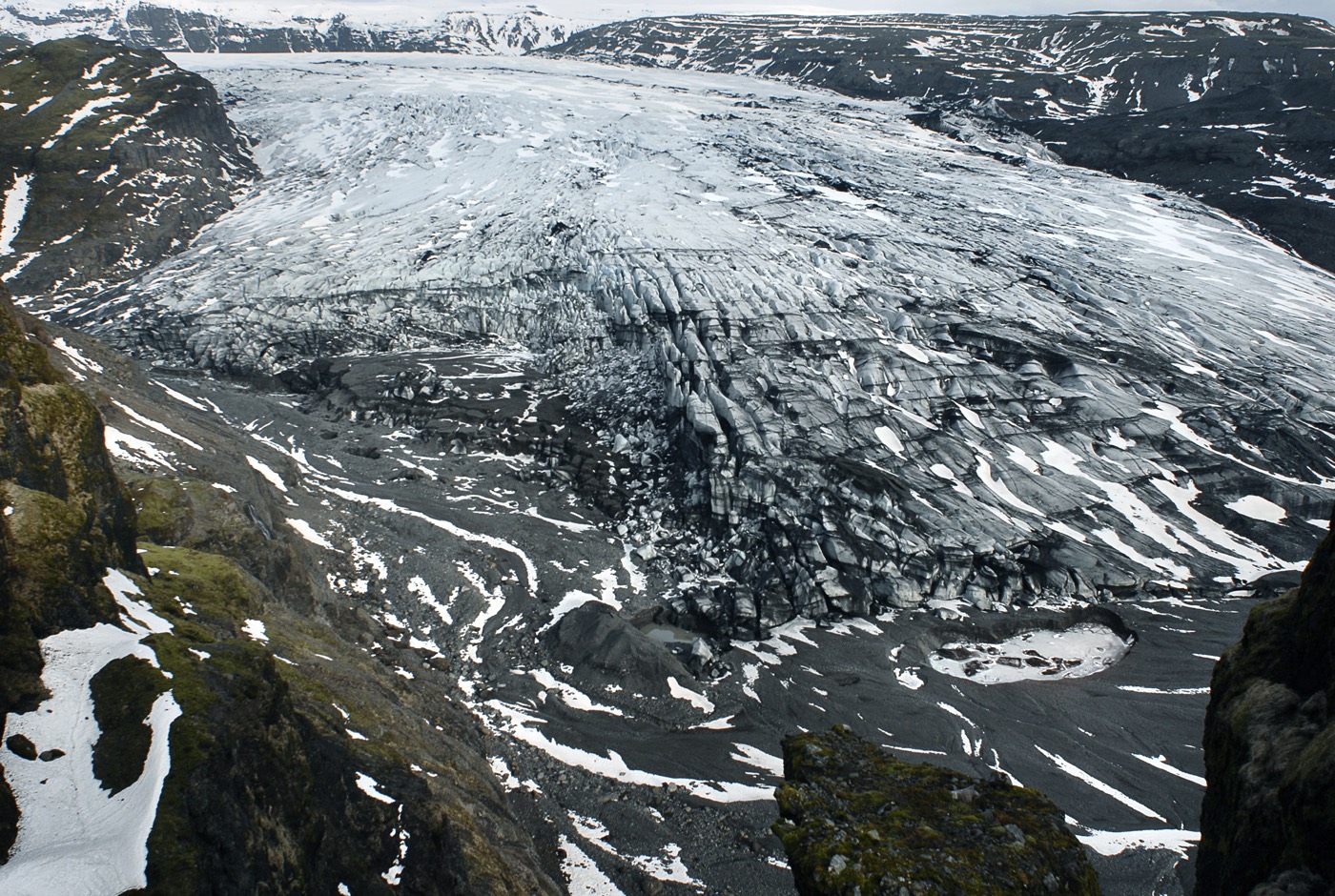
Solheimajokull Glacier in Iceland can be seen in this 2007 image. The glacier is located on the southern edge of the Myrdalsjokull ice cap. See what the glacier looks like now.
Solheimajokull Glacier - After
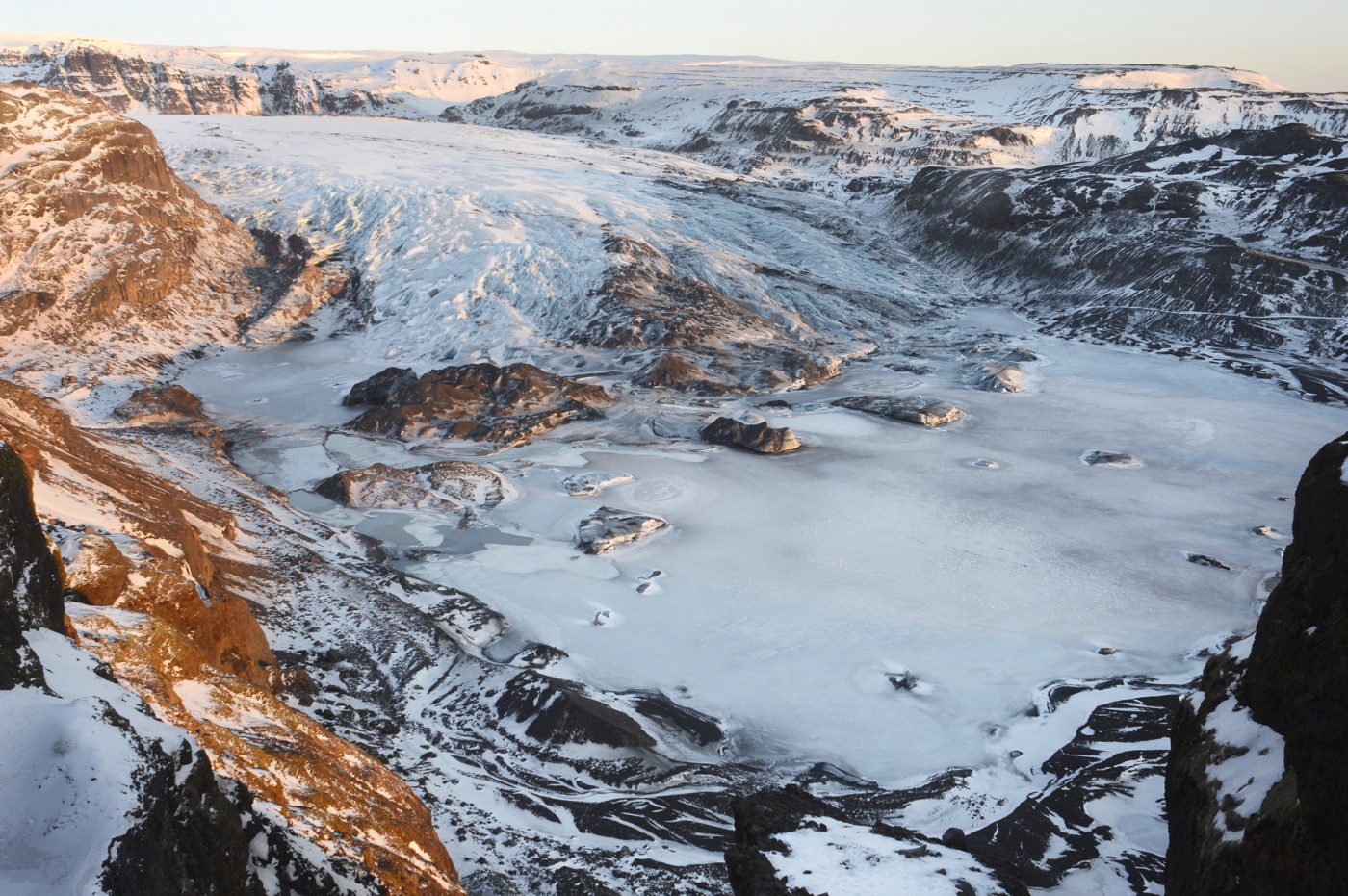
Between 2007 and 2015, the Solheimajokull Glacier (shown here in 2015) retreated about 2,050 feet (625 meters), according to the GSA Today journal article.
Stein Glacier - Before
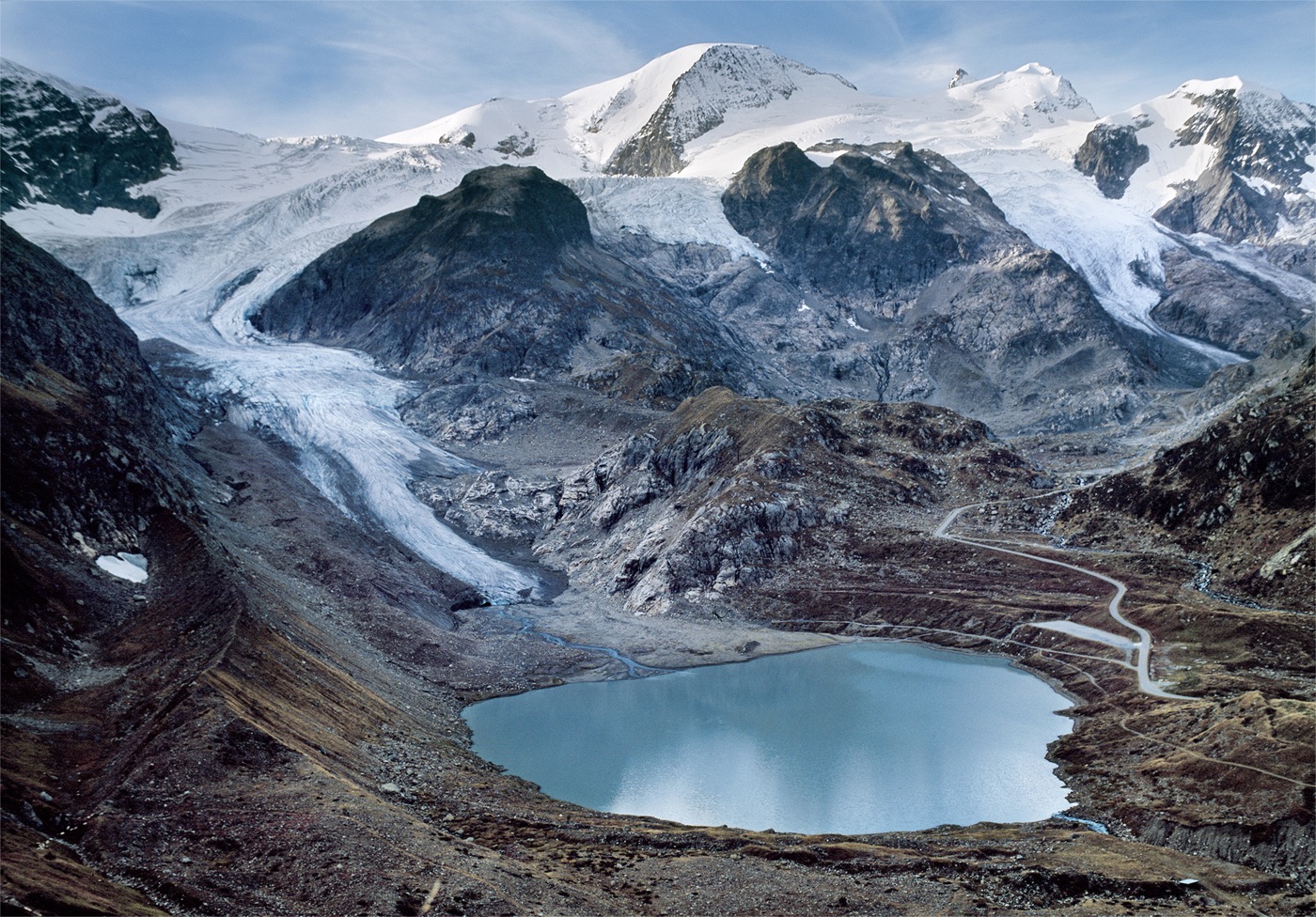
Stein Glacier in Switzerland is also feeling the heat. Here, you can see the glacier as it appeared in 2006.
Stein Glacier - After
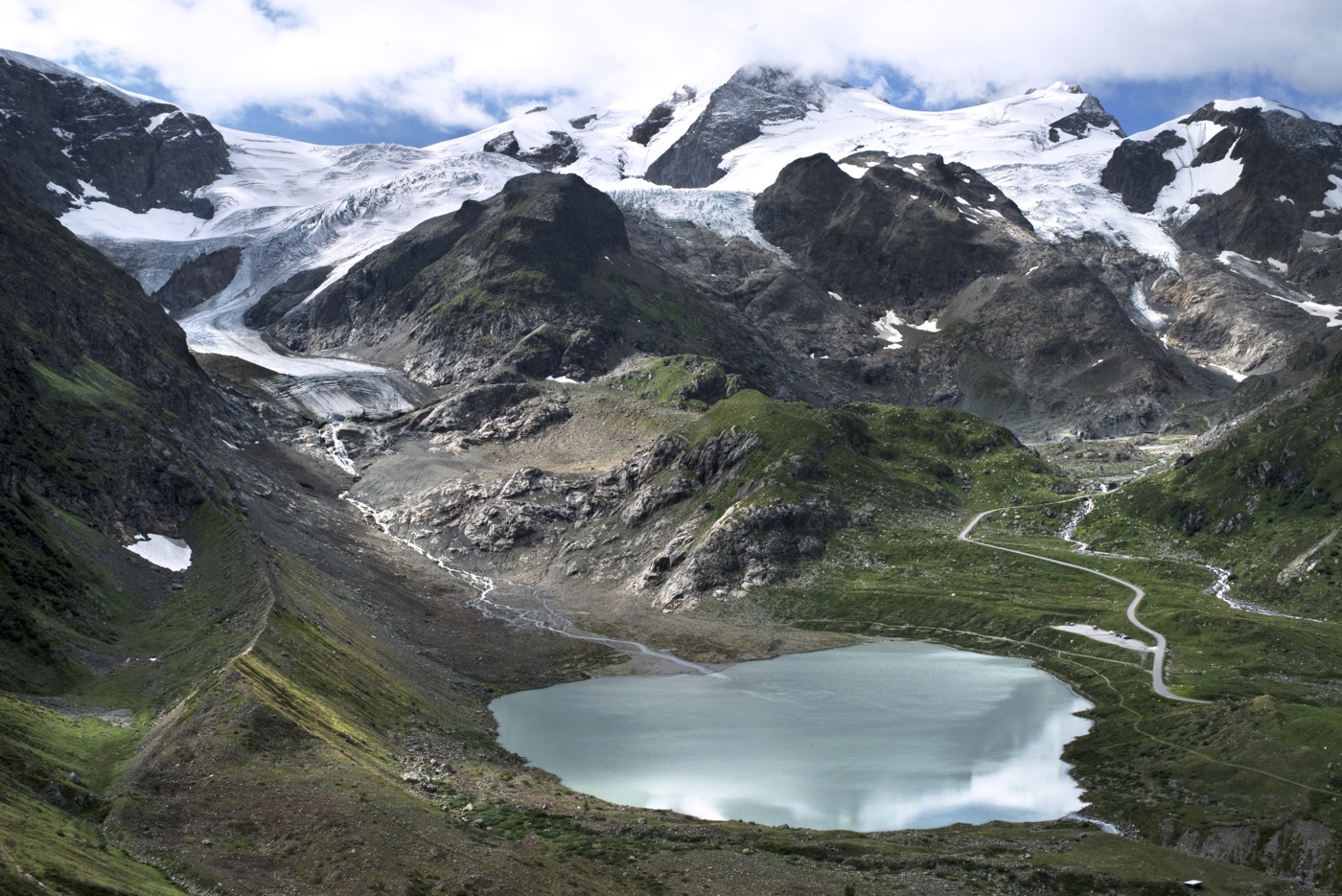
Switzerland's Stein Glacier retreated by about 1,800 feet (550 meters) between 2006 and 2015. The glacier is shown here in 2015.
Trift Glacier - Before
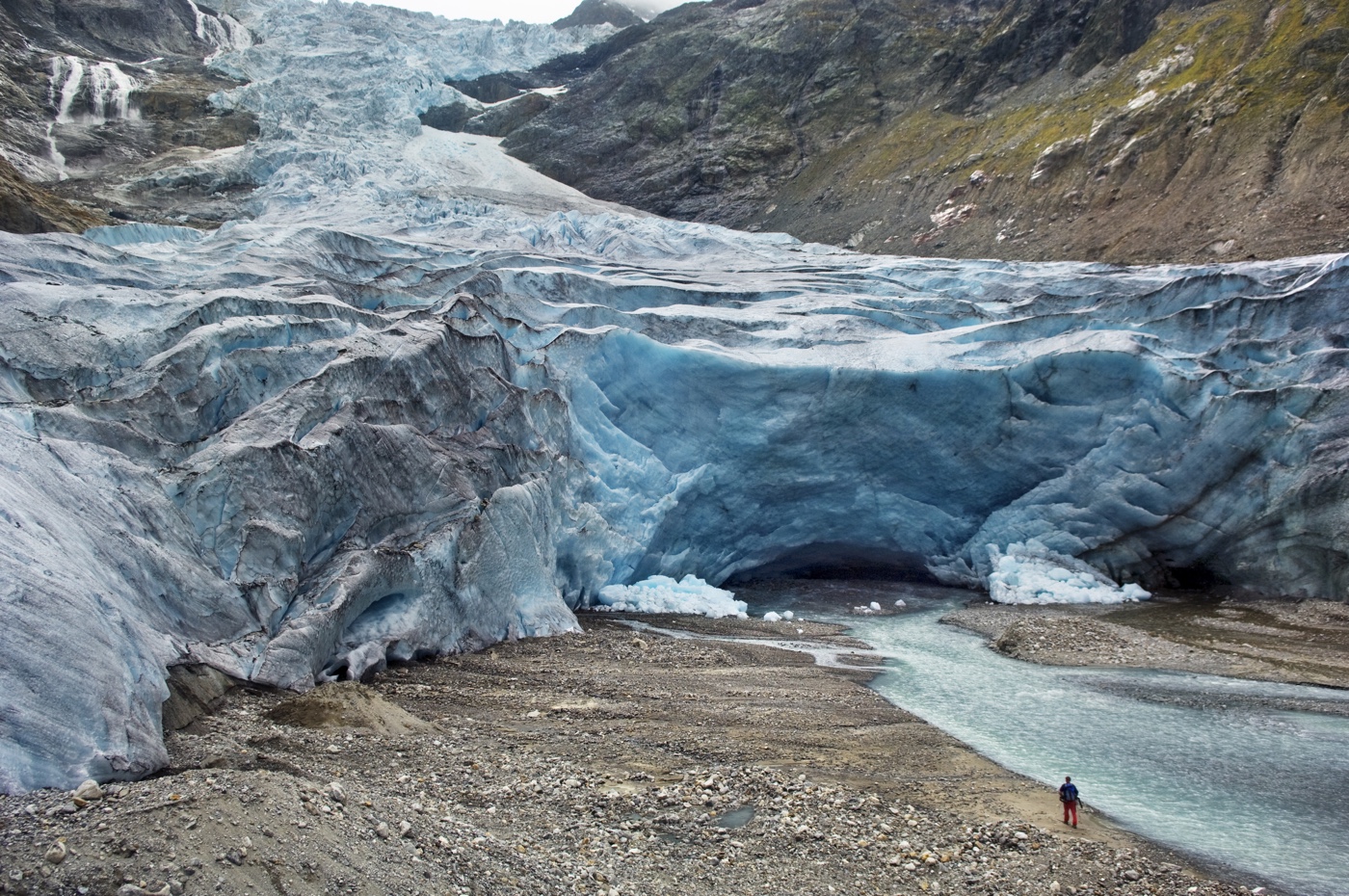
Another Swiss treat, the Trift Glacier is shown here in 2006.
Trift Glacier - After
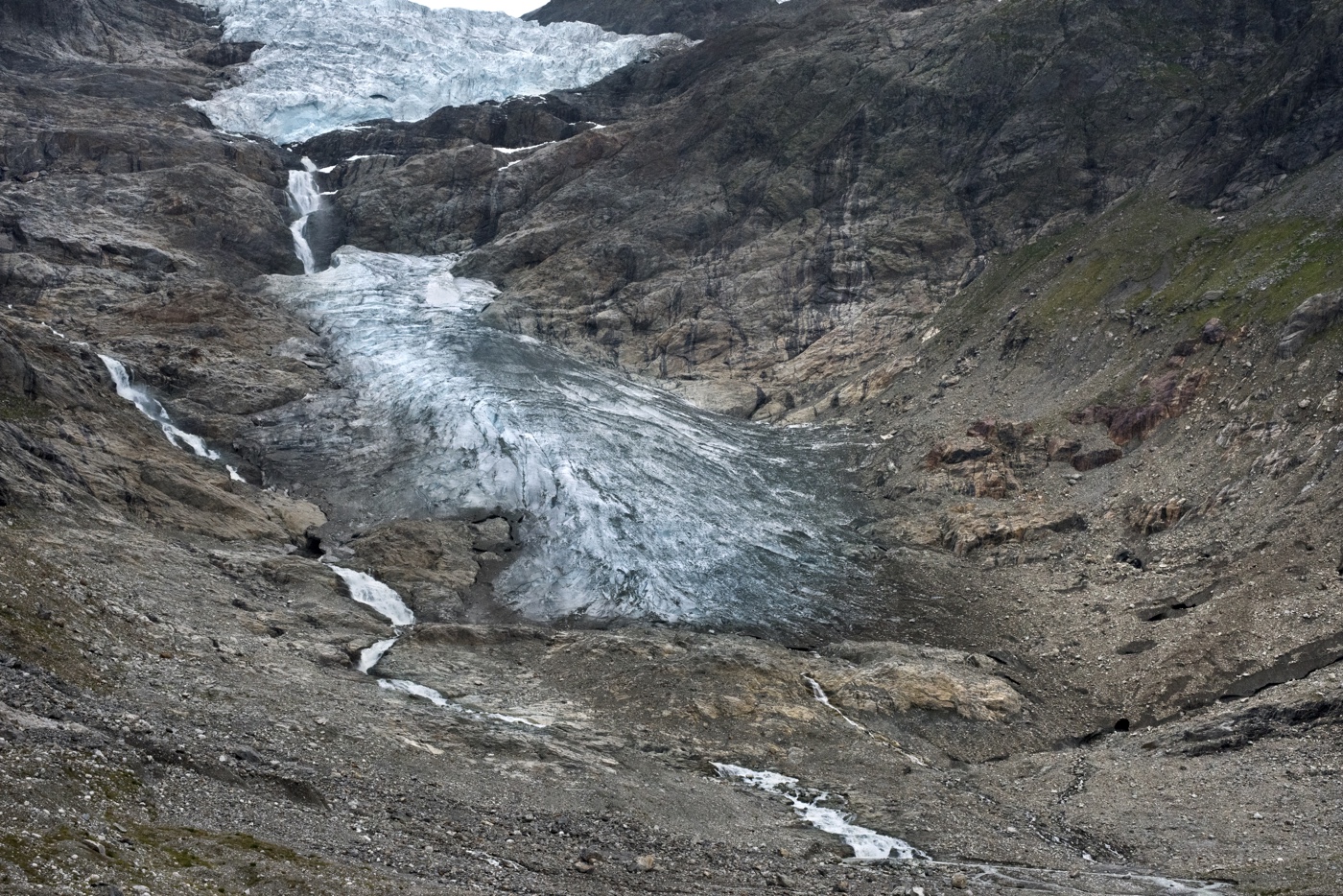
Between 2006 and 2015, Trift Glacier retreated more than a mile (1.7 kilometers), researchers have found. The glacier is shown here in 2015.
Peru Glacier - Before
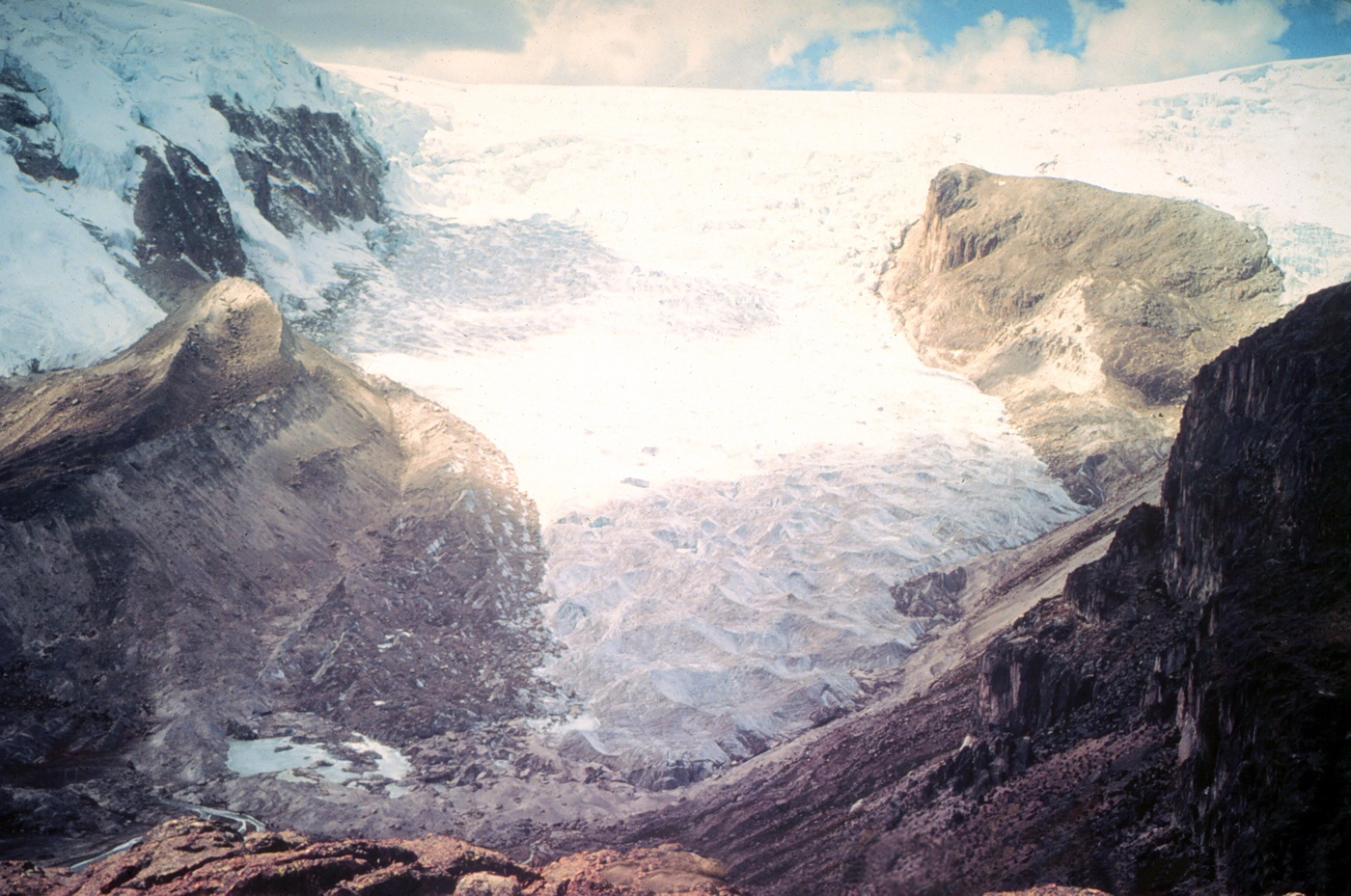
Qori Kalis Glacier, an outlet glacier of the Quelccaya ice cap, in Peru is shown here in 1978.
Peru Glacier - After
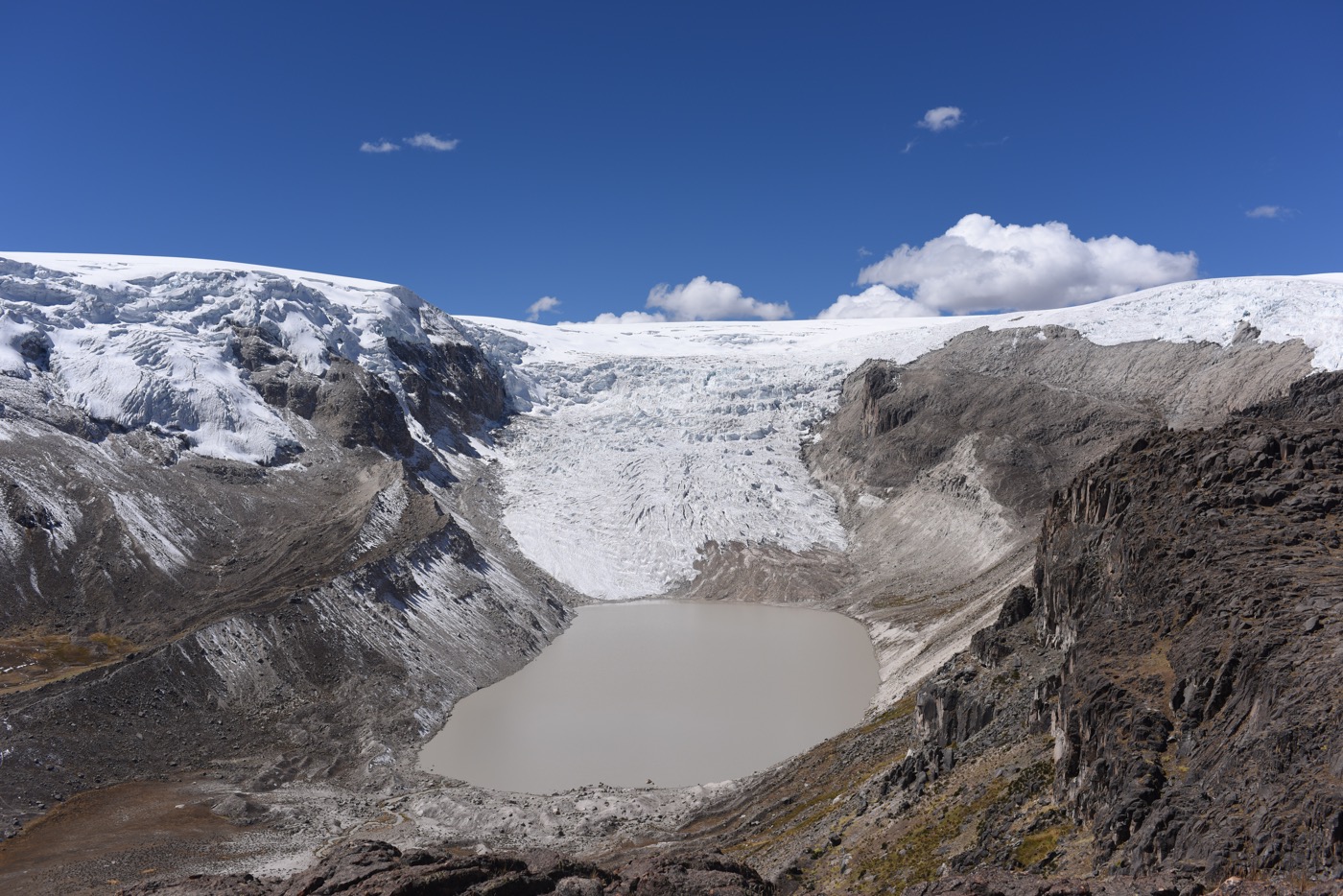
Between 1978 and 2016, Peru's Qori Kalis Glacier retreated nearly three-quarters of a mile (1.14 kilometers).
Sign up for the Live Science daily newsletter now
Get the world’s most fascinating discoveries delivered straight to your inbox.
Jeanna Bryner is managing editor of Scientific American. Previously she was editor in chief of Live Science and, prior to that, an editor at Scholastic's Science World magazine. Bryner has an English degree from Salisbury University, a master's degree in biogeochemistry and environmental sciences from the University of Maryland and a graduate science journalism degree from New York University. She has worked as a biologist in Florida, where she monitored wetlands and did field surveys for endangered species, including the gorgeous Florida Scrub Jay. She also received an ocean sciences journalism fellowship from the Woods Hole Oceanographic Institution. She is a firm believer that science is for everyone and that just about everything can be viewed through the lens of science.







